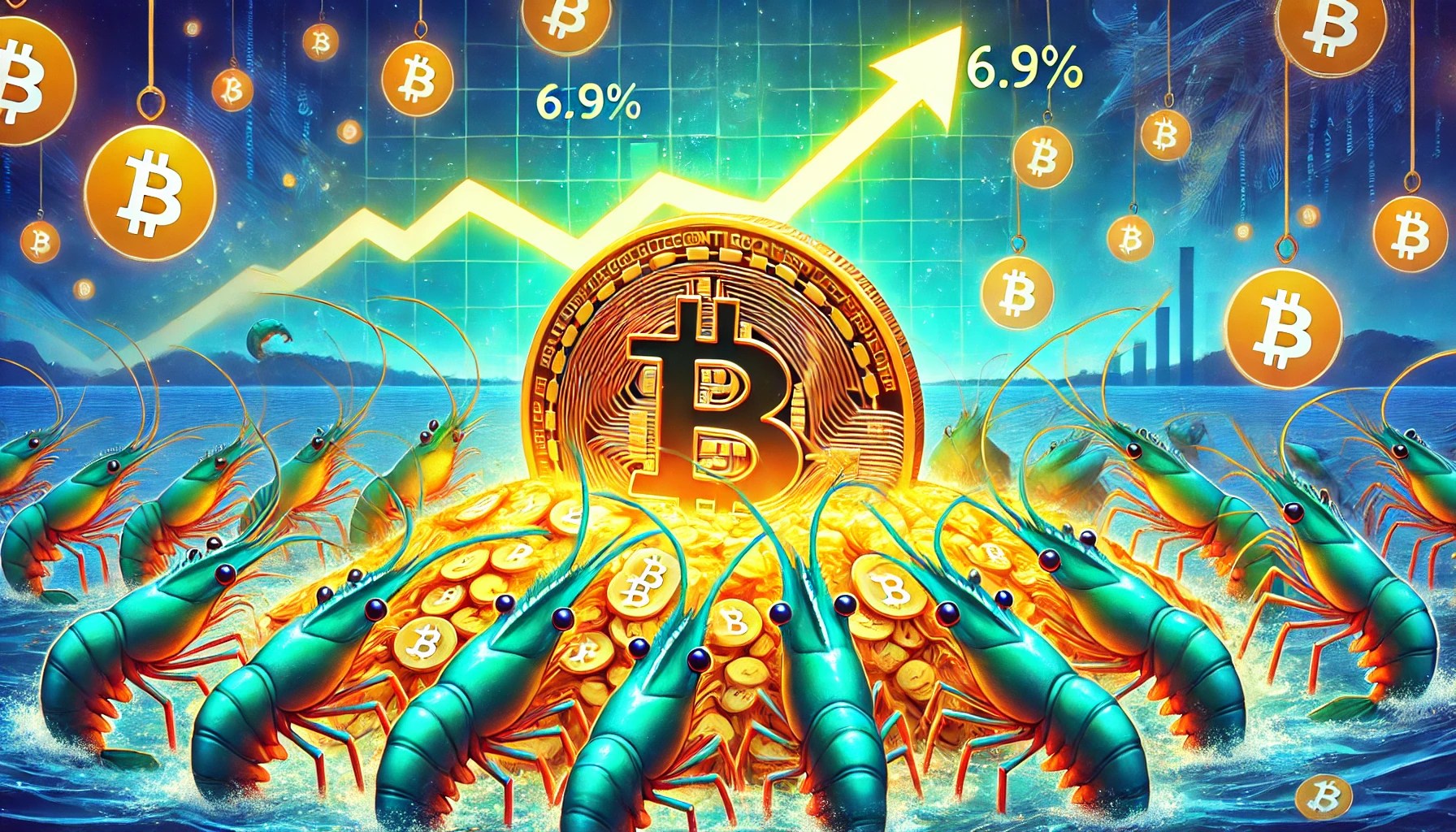ARTICLE AD
The drop in recent ETH burn has a direct impact on what used to be the deflationary nature of the Ethereum network.
The Ethereum network has seen a significant drop in the amount of ETH it burns per day. This saw the protocol record its lowest daily burn in the year thus far.
For a better perspective, only a measly 610 ETH was burned on Sunday, May 5, 2024. Although that is a record low for the year, the significance of the drop can only be seen when compared with the daily amount of ETH burned throughout the first four months of the year.
In all those months, amounts burned remained above 2,500–3,000 ETH on the daily average. However, with the recent turn of events, the decline may be linked to the recent drop in average gas fees.
At the moment, gas fees hover somewhere between 5 and 10 gwei, the smallest base unit of Ether. While that also represents the lowest levels seen in the year so far, the direct implication is that such a decrease in network fees undoubtedly results in fewer ETH being burned. That is considering the Ethereum network’s economic model, which closely knits gas fees and ETH burning.
ETH Burning and Ethereum Gas Fees on a Decline
For what it’s worth, there are a number of reasons for the ongoing situation with the gas fees. Firstly, there has been a paradigm shift as more activities are now gravitating towards Layer 2 scaling solutions. Besides, there is also a growing acceptance for blob transactions, which came with the Dencun upgrade that took place in March. All these have contributed immensely to the significant reduction in transaction costs on the network.
Meanwhile, it is also worth mentioning that the gas fees situation is a case that presents a bitter-sweet experience. While users get to enjoy the low transaction costs, it comes at a higher price for the entire network.
The drop in recent ETH burn has a direct impact on what used to be the deflationary nature of the Ethereum network. In simpler terms, the London hard fork of August 2021 basically changed Ethereum’s fee structure. That upgrade made it so that higher fees translate to a higher amount of ETH being removed from the supply through burning and vice versa.
Given the recent happenings, however, Ethereum’s supply may have suddenly turned inflationary. According to ultrasound.money, it currently has a supply growth rate of 0.49%. However, things may soon return to the status quo if more ETH is burned than is issued.

 8 months ago
41
8 months ago
41 

